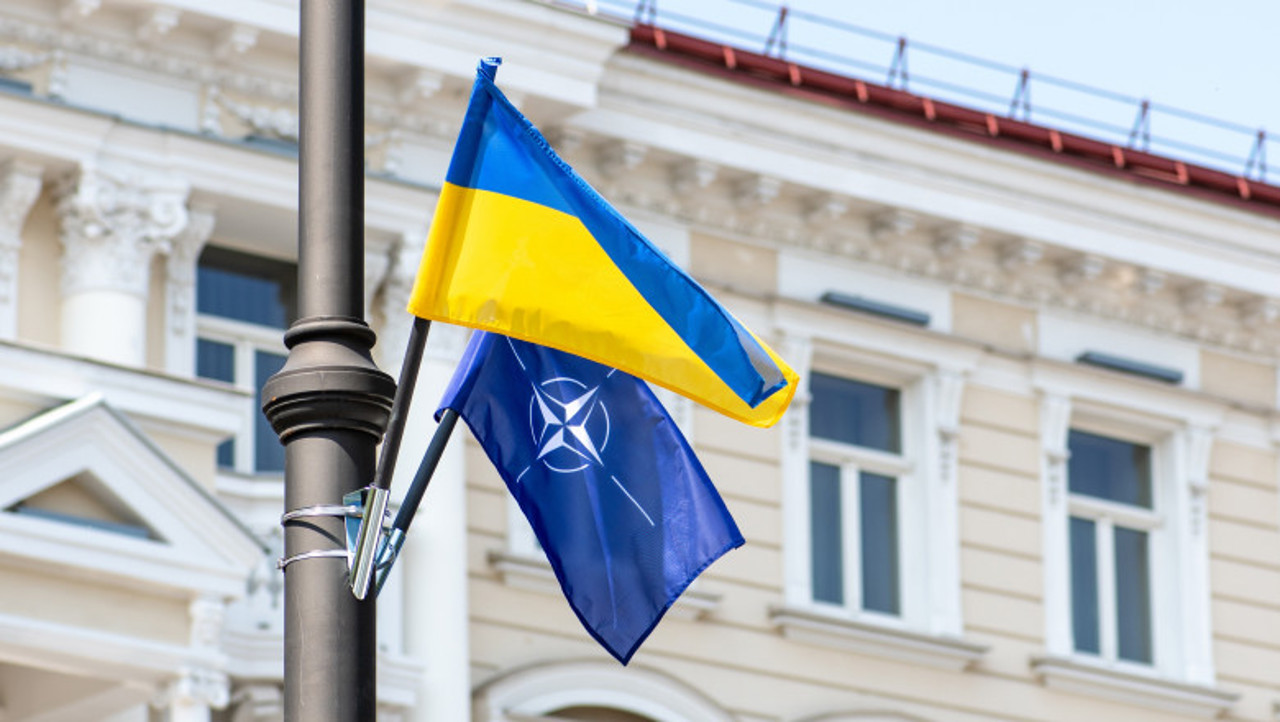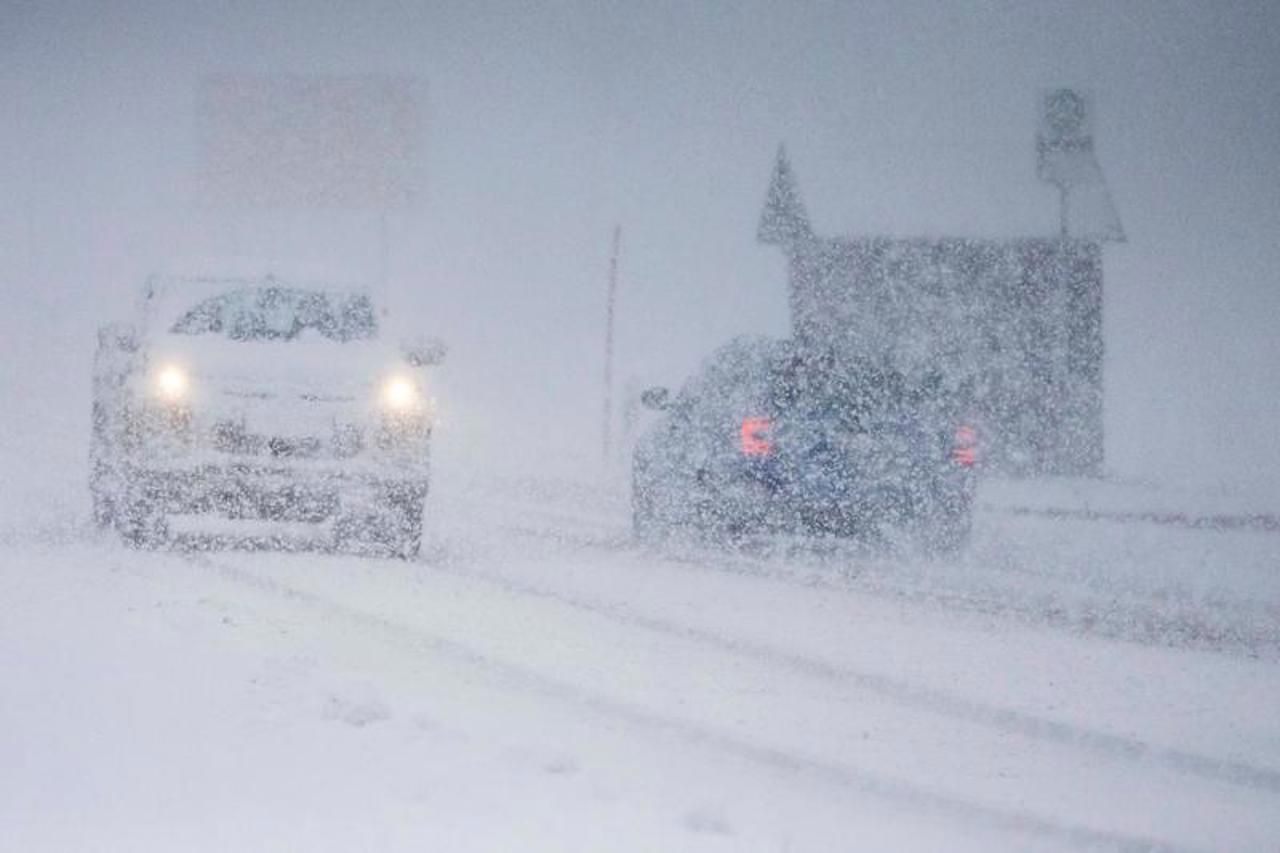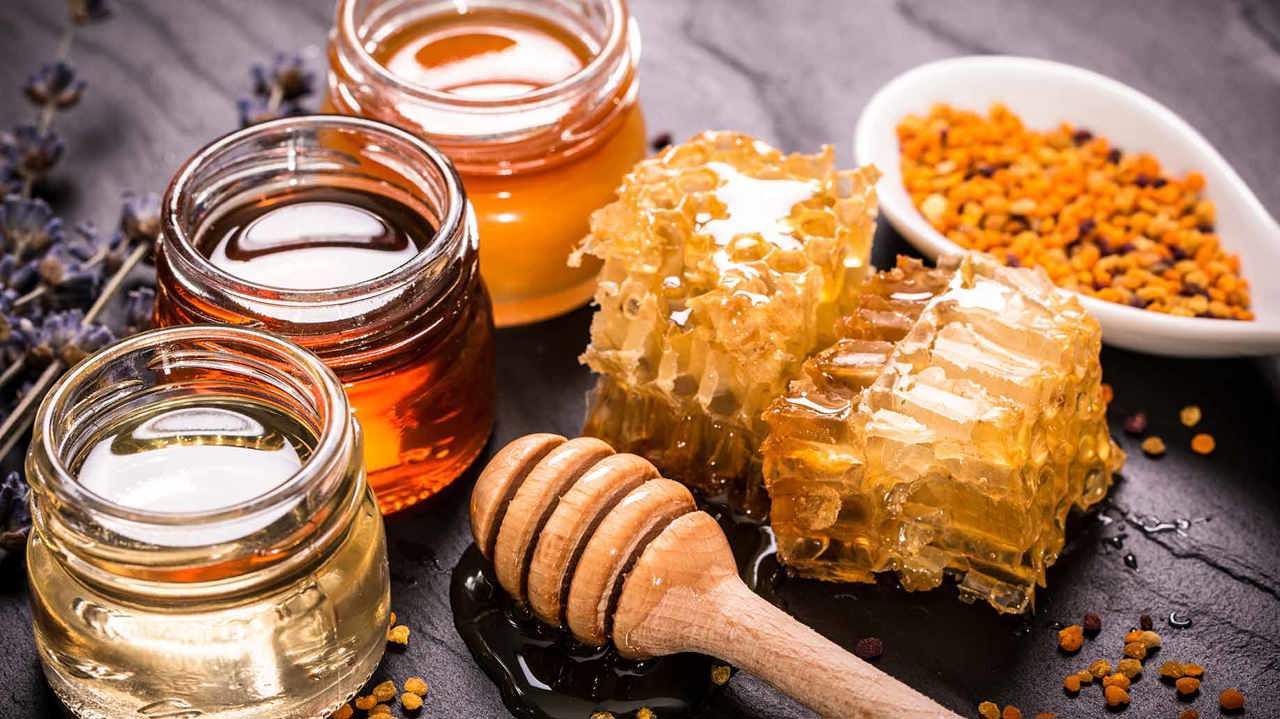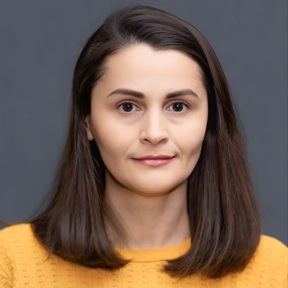NATO Debates Ukraine's Path Amidst Military Aid and Tensions
War in Ukraine: NATO Secretary General Jens Stoltenberg explicitly demanded: "Let us remove the limits placed on Kyiv regarding the targets to be hit on Russian soil." NATO member countries remain divided on this issue.

Germany has confirmed that it will provide additional Iris-T missiles for air defence. Simultaneously, preparations for the NATO summit in June continue. However, there are significant doubts that Ukraine will be confirmed as a NATO member.
Germany and the United States have been insistent in their warnings against offering Kyiv a firm membership promise with a precise time frame during the preparations for the two-day meeting in Washington, which marks the 75th anniversary of the organisation.
The Ukrainian president was asked not to appeal to member states after major divergences dominated last year's alliance meeting.
The US is likely not as concerned as Germany, leading to concerns about the threat Russia poses to the rest of the alliance.
The decision is expected to put Volodymyr Zelensky, the president of Ukraine, in a difficult position, as he has been warned by counterparts not to ask the "impossible" from the alliance.
Last year, Zelensky labelled NATO's position as "absurd" when its leaders refused to offer Kyiv an invitation to become a full member at the meeting in Vilnius, Lithuania.
While NATO leaders will refuse to offer a timetable for Ukraine's accession, they will provide what is described as a "bridge" or "pathway" to ascension as a show of support for the process.
A support package, currently under discussion, will highlight "Ukraine's ability to choose its own future" and demonstrate that "the path to accession is shortening" as the country defends itself against Russian aggression.
The package will focus on strengthening Ukraine's armed forces to ensure that Ukraine is ready to join NATO immediately when alliance leaders agree the time is right.
To achieve this, NATO will take over the leadership role from the US in the Ramstein process, the group of over 50 allies coordinating military aid for Ukraine.
NATO first agreed that Ukraine could become a member in 2008 at the Bucharest summit, but never finalised a timetable or accession process.
Member states have since agreed that Kyiv will not be allowed to join the alliance during the war with Russia, as it would trigger the mutual defence clause of Article 5.
In Vilnius, the United Kingdom and France insisted that the word "invitation" be included in the final declaration of the summit to reaffirm that it is only a political impediment and not a decision that blocks Ukraine's accession.
There are concerns that the issue of Ukraine's accession was allowed to dominate last year's summit and create rifts among member states.
AUTHOR: Dan Alexe
Translation by Iurie Tataru





